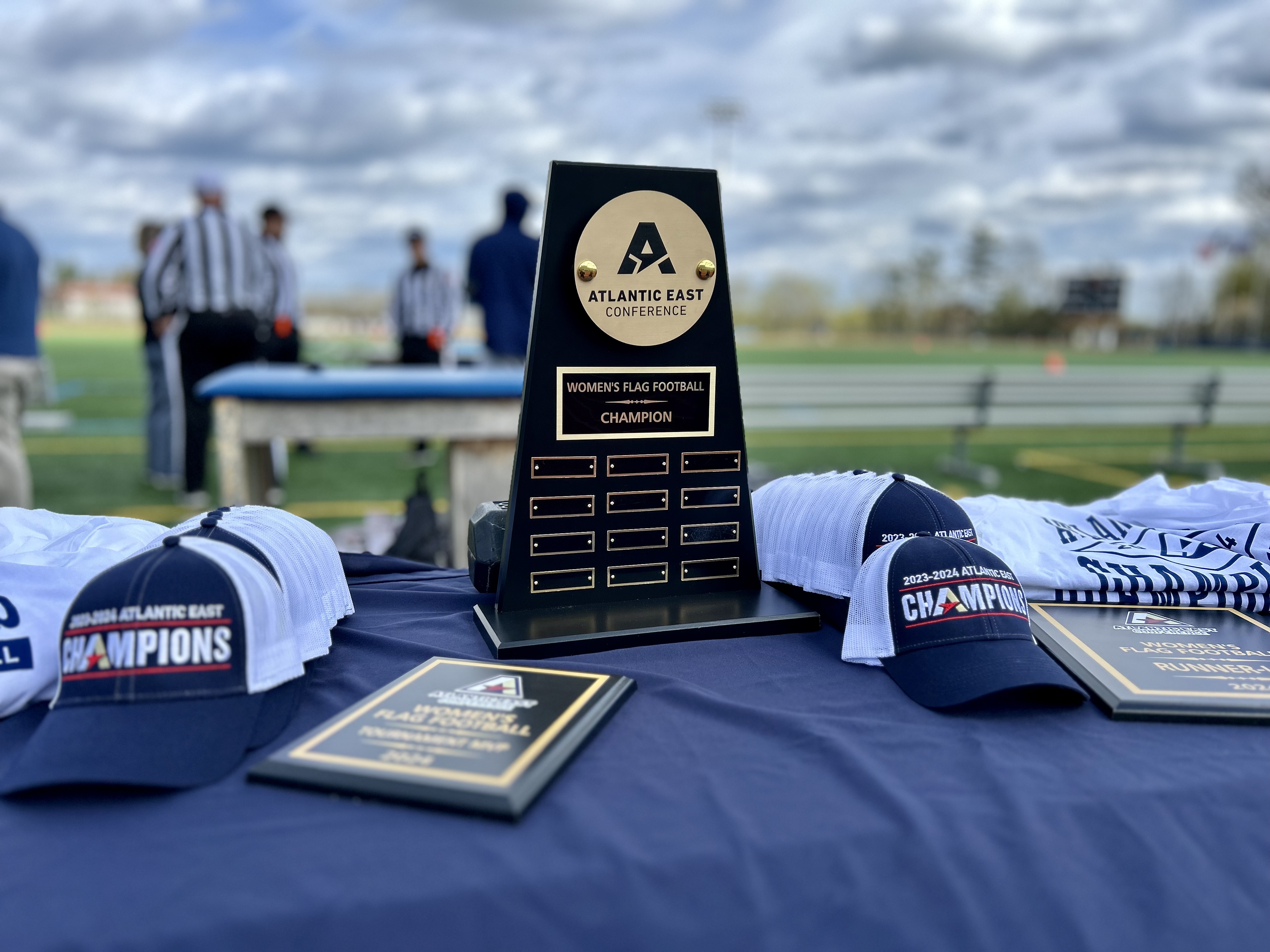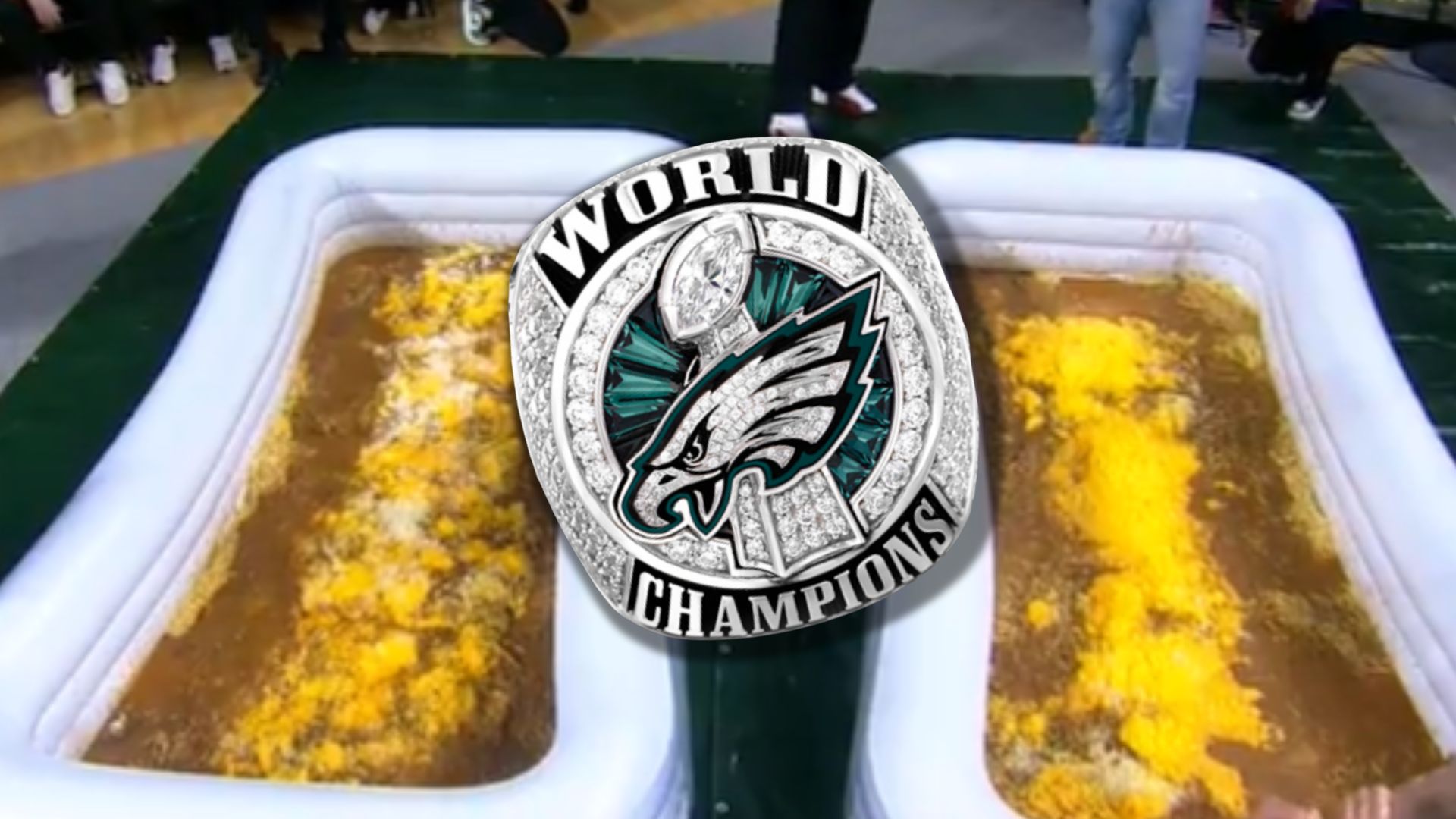
What to Know
- Voters rejected a measure that would have allowed betting on New Jersey college teams or teams from other states whose games are played in New Jersey in results that were tallied Wednesday.
- The sports betting question had intended to help New Jersey maintain its national leadership of the legal sports betting market in the U.S.
- Voters approved a separate ballot question that will allow organizations that are permitted to hold raffles to keep the money to support themselves.
Gamblers in New Jersey will still won’t be able to bet on Rutgers, Seton Hall, Princeton and other college sports teams as a result of voters rejecting a ballot measure that would have allowed such bets.
Voters rejected a measure that would have allowed betting on New Jersey college teams or teams from other states whose games are played in New Jersey in results that were tallied Wednesday.
Voters approved a separate ballot question that will allow organizations that are permitted to hold raffles to keep the money to support themselves.
Get Philly local news, weather forecasts, sports and entertainment stories to your inbox. Sign up for NBC Philadelphia newsletters.
The sports betting question had intended to help New Jersey maintain its national leadership of the legal sports betting market in the U.S. The state won a U.S. Supreme Court case in 2018 clearing the way for all 50 states to offer sports betting, and half the country currently does.
In September, New Jersey became the first U.S. state to take in more than $1 billion worth of sports bets in a single month.
But due to the way the state’s sports betting law was written, none of those bets involved New Jersey college teams. They were specifically excluded by lawmakers who voiced concern about the perception of the integrity of the games.
Sports
In partnership with NBC Sports Philadelphia
Since then, however, New Jersey’s strictly regulated sports betting industry has operated without major incident, and its rules and procedures are considered a model that several other states have adopted.



